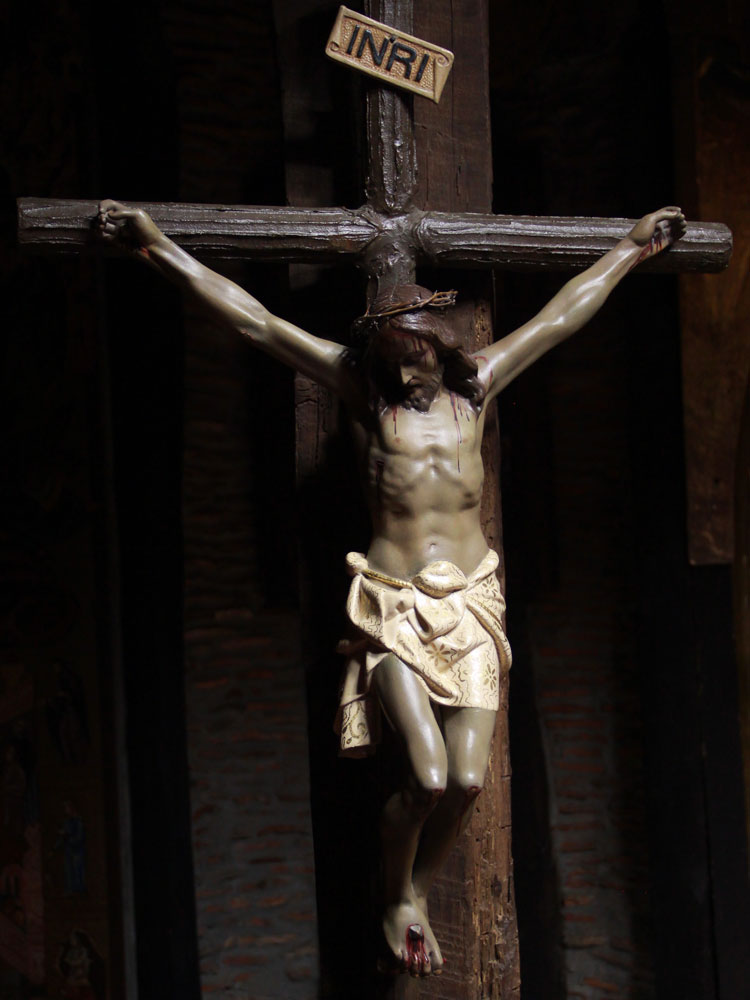Imitate the Lord (VII:3)

CHAPTER VII. Of Humility
31 Jan. 1 June. 1 Oct.
The third degree of humility is, that a man for the love of God submit himself to his superior in all obedience; imitating the Lord, of Whom the apostle saith: “He was made obedient even unto death.”
Submission
Submission (from the Latin to put under) comes easily to no one. An instinctive pride would have one place oneself above his fellows, if not outwardly, then, at least, secretly in one’s thoughts and judgments. “I know more, I know better” or even, “I am more, I am better.” One begins by placing oneself above one’s brethren, and one ends by placing oneself above God. Such a dizzying, diabolical ascent in pride leads to open revolt against God.
The monastery is hierarchically ordered. Saint Benedict makes it clear in Chapter LXXI:
The commands, then, of the abbot or the Superiors appointed by him (to which we allow no private orders to be preferred) having the first place, let all the younger brethren obey their elders with all charity and vigilance.
Respect and obedience are due, first of all to those whom the abbot will have delegated to represent him, and then to the solemnly professed monks in order of their seniority. At no time should a novice or simply professed monk hold obstinately to his opinion or insist that something be done as he sees fit. In cases of uncertainty, or where something of importance or of value is at stake, the matter is to be referred to the abbot himself or to the one who represents him. Even in this case, it may happen that the senior brother working on the ground has a better grasp of what must be done, and so it is reasonable and right that his decision should prevail.
Having Recognized Love
Saint Benedict proposes submission to one’s superior in all obedience as the remedy to pride: not just any submission, but a submission freely chosen with two motives in view: (1) for the love of God, and (2) imitating the Lord. Monastic submission is not the cowardly, cringing submission of one who fears the crack of the whip or the unpleasantness of conflict. It is the willing submission out of love, in love, and for love’s sake of one who, with Saint John, has learned “to believe in love.” “We have learned to recognize the love God has in our regard, to recognize it, and to make it our belief. God is love; he who dwells in love dwells in God, and God in him” (1 John 4:16).
The Eucharistic Humility of God
One learns submission by contemplating the sacramental sub-mission of Our Divine Lord in the Most Holy Eucharist. He places Himself under the lowly appearance of bread, and remains there in abiding submission to the will of the Father. “Believe me when I tell you this; the bread that comes from heaven is not what Moses gave you. The real bread from heaven is given only by my Father. God’s gift of bread comes down from heaven and gives life to the whole world” (John 6:32-33). In a special way on every Thursday we set aside time to gaze upon the Eucharistic humility of the Hidden God, and be conformed in submission and in obedience to Him whom we contemplate beneath the sacramental veils. Is this not what Saint Benedict means when he invites us to imitate the Lord?

